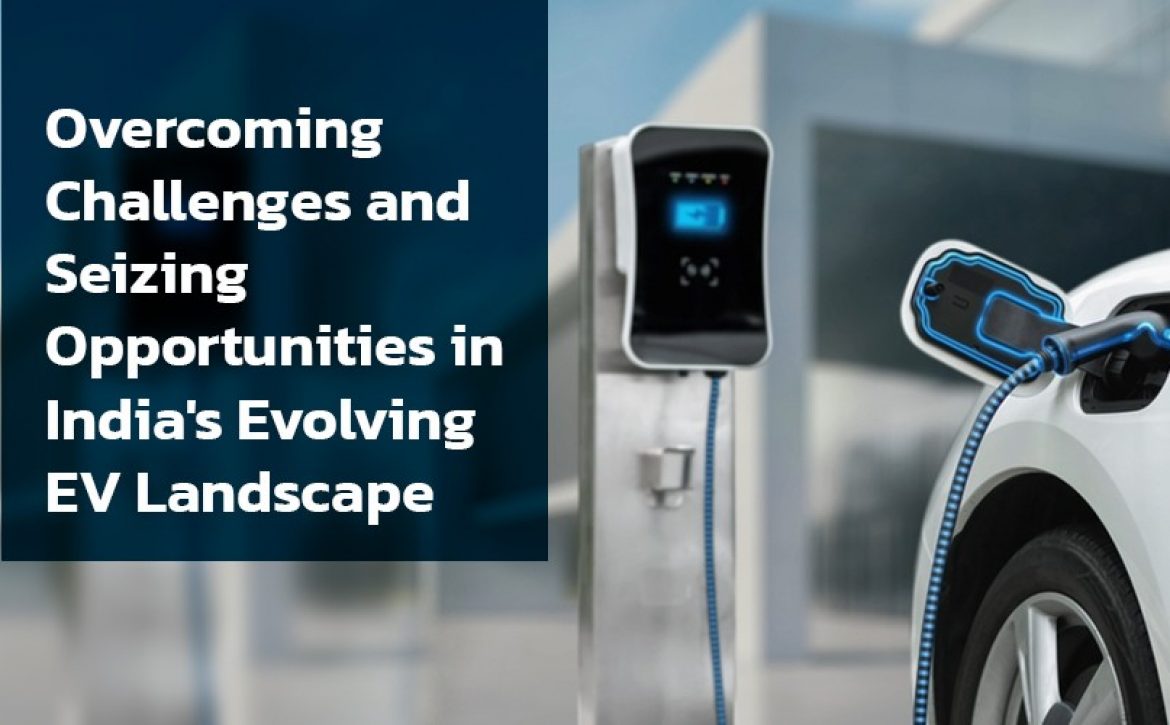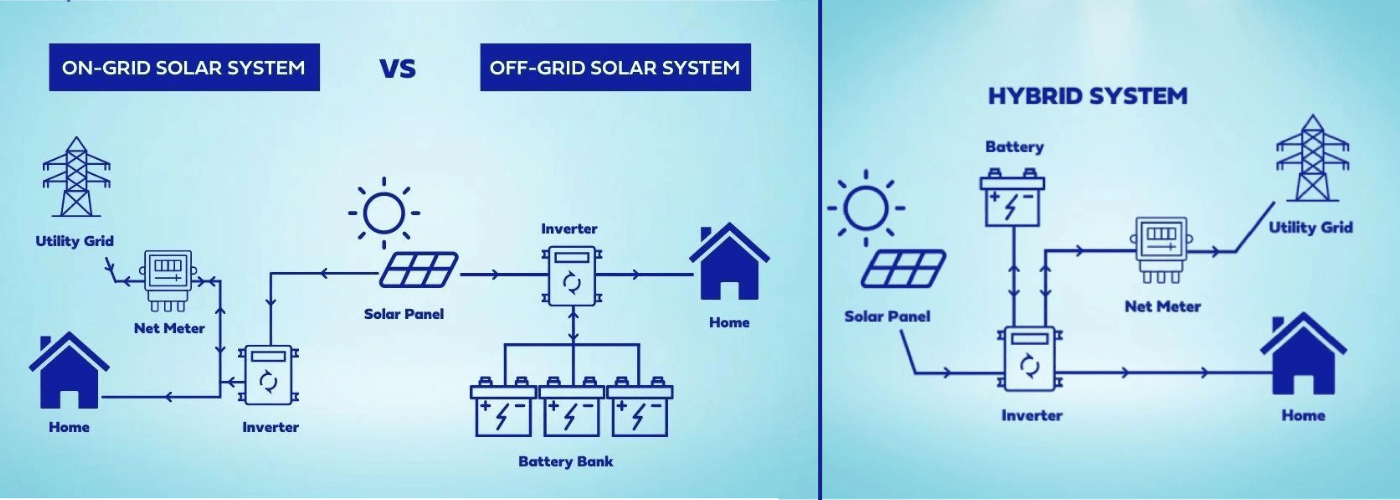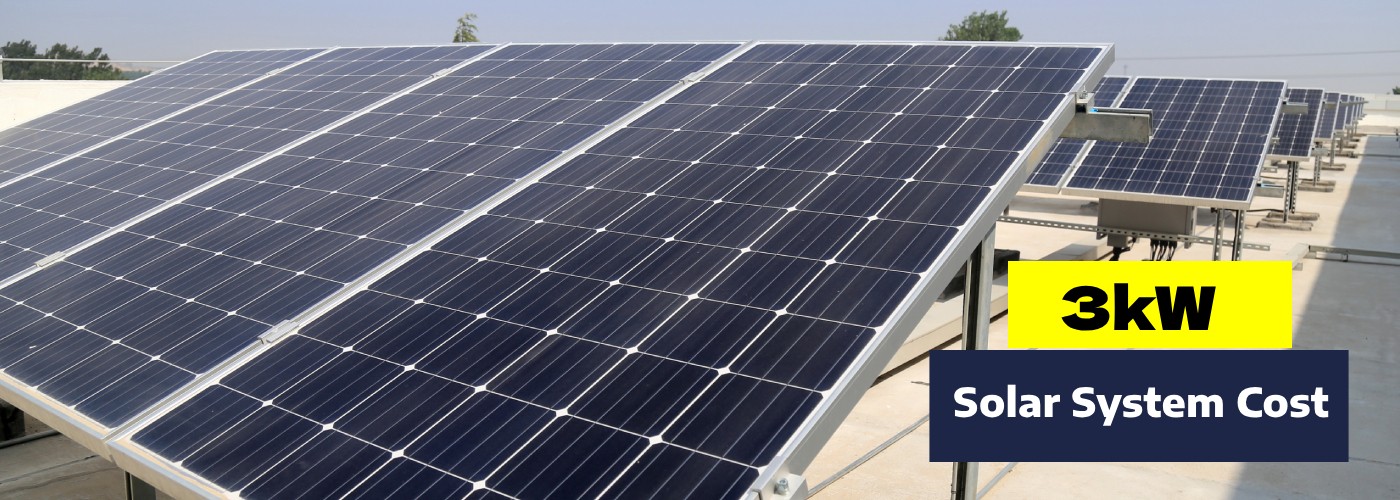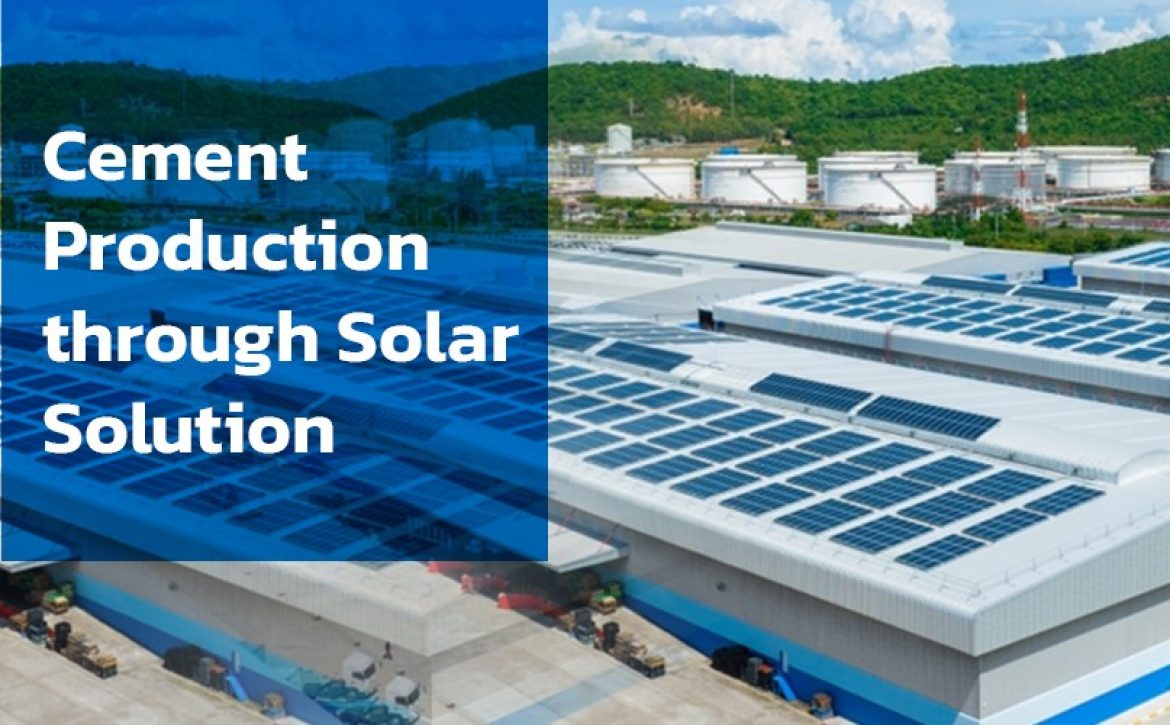Here Is What You Should Know About Pradhan Mantri Suryodaya Yojana
India’s Prime Minister Narendra Modi announced the ‘Pradhan Mantri Suryodaya Yojana’ on 22nd January 2024, a government initiative aiming to provide rooftop solar power systems to one crore households in India.
Expressing the idea during the auspicious occasion of the consecration in Ayodhya, PM Narendra Modi emphasized the significance of solar energy and said, “All the devotees of the world always get energy from the light of Suryavanshi Lord Shri Ram. Today, on the auspicious occasion of consecration in Ayodhya, my resolution further strengthened that the people of India should have their own solar rooftop system on the roofs of their houses. The first decision I have taken after returning from Ayodhya is that our government will launch “Pradhanmantri Suryodaya Yojana” with the target of installing rooftop solar on 1 crore houses. This will not only reduce the electricity bill of the poor and middle class but will also make India self-reliant in the energy sector,” said Prime Minister Narendra Modi on X.
This decision was revealed upon his return from Ayodhya, where he participated in the consecration ceremony of Lord Ram Lalla at the newly built Ram Janmabhoomi temple.
What is Pradhan Mantri Suryodaya Yojana?
1) The initiative targets the installation of rooftop solar panels in one crore households from the poor to the middle class, aiming to provide electricity from solar energy.
2) Emphasizing its broader impact, the prime minister highlighted that the scheme not only intends to reduce the electricity bills of the poor and middle class but would also make India self-reliant in the energy sector.
3) In a proactive move, PM Modi has called for a nationwide campaign to encourage widespread adoption of rooftop solar among residential segment consumers, as reported by Business Today.
4) Rooftop solar panels are photovoltaic panels installed on the roof of a building that is connected to the main power supply unit. This setup reduces reliance on grid-connected electricity, resulting in cost savings for consumers.
5) Solar rooftop systems involve an initial capital investment and minimal maintenance costs, offering a cost-effective and sustainable energy solution.
As of December 2023, the Ministry of New and Renewable Energy reports a total solar power capacity of approximately 73.31 GW in India. Additionally, the rooftop solar installed capacity stands at around 11.08 GW. To support such initiatives, the government has already implemented the National Rooftop Scheme, providing financial assistance equivalent to 40% of the capital cost for solar rooftop projects.

Pioneering Manufacturers Shaping India’s Green Energy Landscape
Embarking on the ambitious mission to solarize one crore households marks a substantial leap forward, propelling the rooftop solar sector and solidifying India’s standing as a frontrunner in embracing sustainable energy practices globally. Beyond meeting immediate energy requirements, this groundbreaking initiative aligns with overarching environmental and economic objectives for the nation. The ripple effects of this initiative extend to various solar industry manufacturers and stakeholders, playing a pivotal role in the transformation of India into a more environmentally sustainable nation. Here, we highlight key players in the solar manufacturing sector who are making noteworthy contributions to harnessing solar energy and fostering India’s journey towards a greener future.
List of Top Solar Panel Manufacturers in India
Here is the list of Top Solar Panel Manufacturers in India. From cutting-edge technology and innovation to a rich legacy and a commitment to green energy, these manufacturers showcase the diverse expertise required to drive India’s solar revolution.
- Servotech Renewable Power System
- Tata Power Solar
- Adani Solar
- Waree Solar
- Gensol Engineering
Top Solar Batteries Manufacturers in India
Here is the list of Top Solar Batteries Manufacturers in India. These companies stand out for their dedication to cutting-edge technology, a rich legacy in the industry, and an unwavering commitment to green energy initiatives. By leveraging innovative approaches, they play a pivotal role in driving India’s solar revolution forward.
- Servotech Renewable Power System
- Luminous India
- Exide
- Okaya
- Microtek
List of Top Solar Inverter Manufacturers in India
Here is the list of Top Solar Inverter Manufacturers in India. With a focus on sustainability and advanced technology, these companies play a crucial role in shaping India’s position as a leader in the global transition toward cleaner and more environmentally friendly energy solutions.
- Servotech Renewable Power System
- Microtek
- Luminous
- Su-Kam Power Systems
- Livguard
Conclusion
In conclusion, the Pradhan Mantri Suryodaya Yojana, represents a monumental step towards transforming India into a solar-powered nation, emphasizing the significance of solar energy in fostering self-reliance and underscoring the government’s commitment to widespread adoption of rooftop solar among residential consumers. As India strides forward in solarizing households, major manufacturers of solar panels, solar batteries, and solar inverters play a crucial role. These companies, with their cutting-edge technology, rich legacy, and unwavering commitment to green energy, are pivotal in driving India’s solar revolution and contributing to the nation’s environmental sustainability and economic objectives. The collaborative efforts of the government and solar industry manufacturers are instrumental in shaping India’s leadership in the global transition towards cleaner and more sustainable energy solutions.

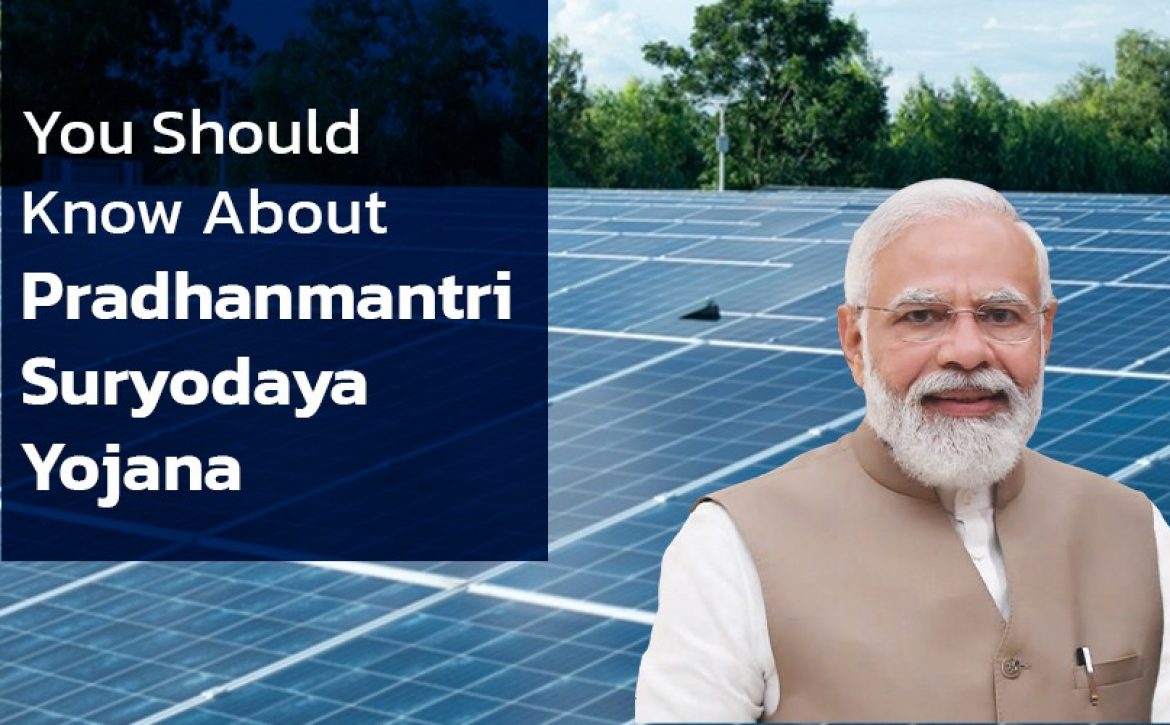
 Get Quote
Get Quote
